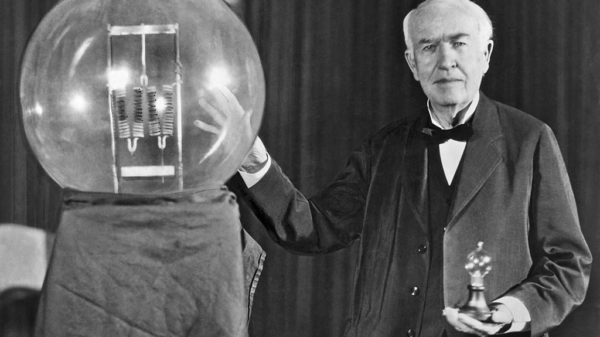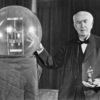The dictionary describes an atheist as a person who does not believe in the existence of a higher power or God. But when did the idea of atheism come about, and who was the world’s first atheist?
What is Atheism?
An atheist writer George H. Smith has given two concepts of atheism- one is implicit atheism, which is the absence of theistic belief without consciously rejecting it. And the other, which Smith calls explicit atheism, is the absence of theistic belief because of conscious rejection. Many consider explicit atheism to be the actual true form of the belief. Explicit atheism is a strong and positive refusal to believe that gods or any other deities exist.
The Birth of Atheism
Laozi and Siddharta Gautama were two Eastern philosophers in the 6th century BCE who gave rise to the philosophy of an absence of theistic belief. The roots of Western atheism emerge from ancient Greek philosophy, but the world only took notice of it after the Age of Reason or Enlightenment in the late 17th and early 18th centuries.
World’s First Atheist
The Greek philosopher from the 5th Century BCE, Diagoras, vehemently criticized religion and mysticism. Historians consider him to be the world’s first atheist. Another early philosopher who went by the name of ‘Epicurus’ took the same stance as Diagoras and disputed the existence of God and life after death.
Impact of This Belief
The world did not take kindly to atheists. There have been cases of persecution and discrimination throughout history against them. One such example is of Socrates, who, even though he believed in various divinities, many referred to him as an atheist. They sentenced him to death for trying to question the state of gods. With the rise of Christianity, the rejection of God was a capital offense. Governments would execute citizens just for being atheists.
Although atheism was relatively unknown in Medieval Europe, it was thriving and flourishing in India. Later in the 18th century, when expressions of disbelief in Gods became less dangerous, many atheistic thinkers openly criticized the ideas of religion and gods.
Many 19th century philosophers denied the existence of deities. Rational and free thinkers gave prominence to atheist beliefs. German philosophers like Karl Marx, Friedrich Nietzsche, and Arthur Schopenhauer were just some prominent figures who were atheists. They were influential philosophers and left a lasting mark on society with their works, ideas, and views.
Some countries like the Soviet Union promoted atheism by openly opposing religious beliefs. In Albania, Enver Hoxha officially banned religion in the country. Albania was the first-ever State to be recognized as an officially atheist country in 1967.
Atheism Today
Different people define atheism and atheists differently, which makes it really hard to know how many atheists actually are there in the world. Many atheists hide their atheism in fear of discrimination or persecution. Being an atheist can get you persecuted in multiple countries like Afghanistan, Iran, the UAE, and Saudi Arabia.


















